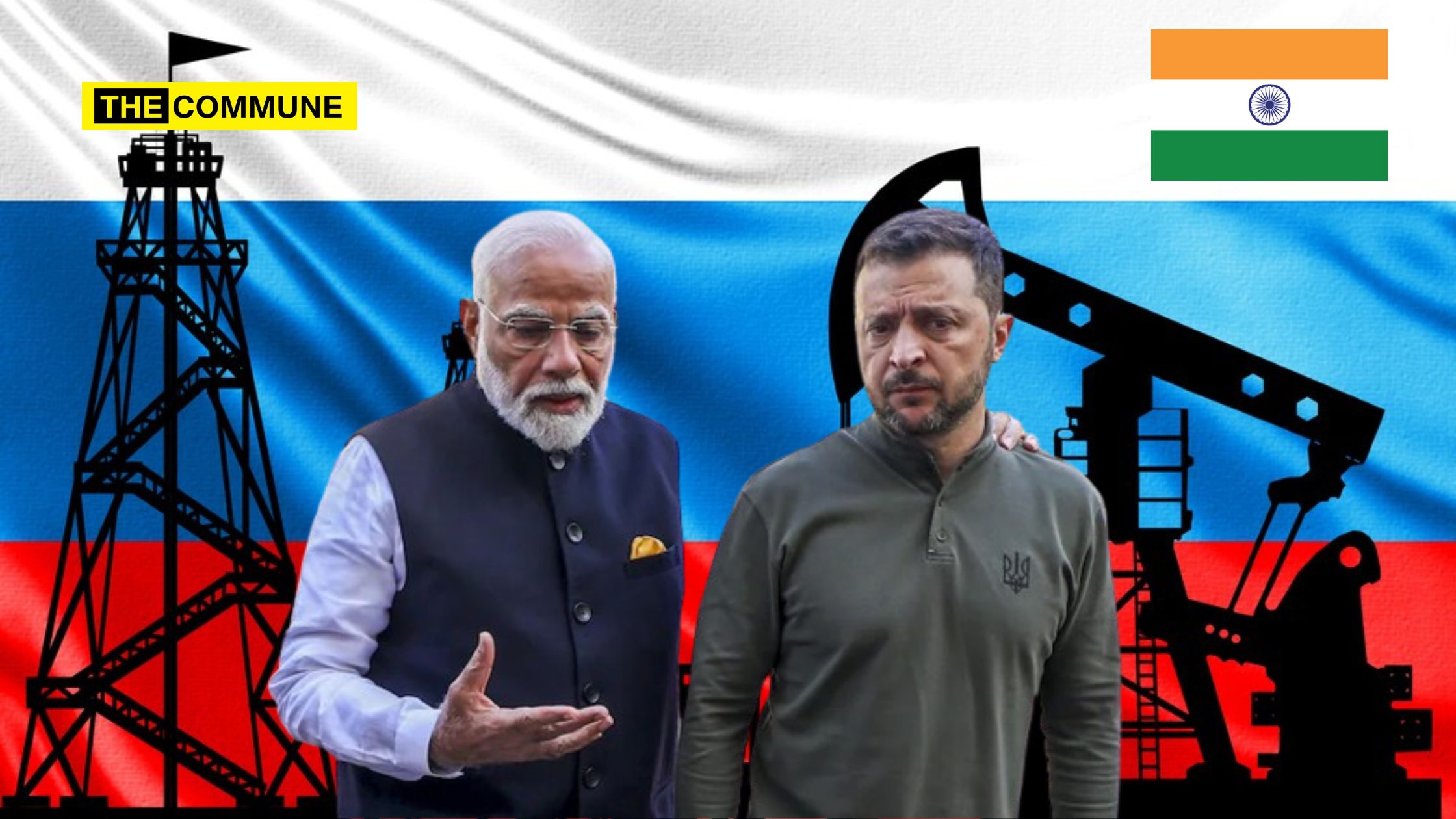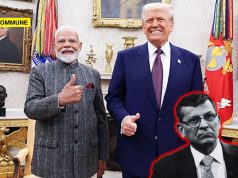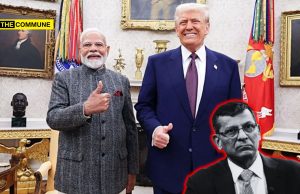
Even as Prime Minister Narendra Modi visits Kyiv on a historical visit, Ukrainian President Volodymyr Zelensky urged India to stop importing Russian oil, as per EU embargoes, to help end the war. His expectations towards New Delhi are hypocritical since many European nations bypassed these EU sanctions to continue purchasing Russian crude.
India’s External Affairs Minister, S. Jaishankar, underscored that market needs, not political pressures, drive India’s oil purchase decisions.
Modi’s Historical Trip to Ukraine
Prime Minister Modi took a train journey from Warsaw to Kyiv, becoming one of the rare international leaders to visit Moscow and Kyiv. Modi has consistently championed diplomacy and dialogue as the means to resolve the conflict between Russia and Ukraine. In a direct conversation with President Putin during their meeting in Uzbekistan in September 2022, Modi asserted that the current era is not one of war.
Zelensky Wants India To Abandon Neutral Position
On 23 August 2024, Zelensky met PM Modi and described India as a “significant country” with considerable influence over the Russian economy. He emphasized that the war could end if India altered its stance towards Russia, specifically by halting its purchase of discounted Russian oil and aligning closely with the EU. He said this decision could prompt Russian President Vladimir Putin to cease hostilities.
However, Zelensky’s call for India to abandon its neutral position and support EU sanctions against Russia highlights an ongoing issue.
Is the EU Adhering to Its Sanctions?
Interestingly, even after meeting PM Modi, Zelensky expects India to take a firmer stance against Russia. India has consistently shown unwavering commitment to its neutral position in the Russia-Ukraine conflict. New Delhi is resolute in its decision to purchase Russian oil.
Meanwhile, several European countries that oppose Russia are circumventing EU sanctions to continue importing Russian oil. Even then, Zelenskyy remains tight-lipped about their sanctions violations.
For example:
- Bulgaria: Although temporarily exempt from the embargo, it has received limited quantities of Russian crude oil.
- Germany: Some German companies have procured Russian oil through third-party traders.
- Netherlands: There have been accusations that the Netherlands allows Russian oil to enter through intermediaries.
- Poland: Despite its strong criticism of Russia, Poland has reportedly allowed Russian oil to enter the country through third-party traders.
- Czech Republic: Reports indicate that the Czech Republic imports Russian oil through intermediaries.
- Greece: Some Greek firms are said to be buying Russian oil from third-party sources.
Additionally, certain American companies reportedly purchase Russian oil from third-party traders, who blend or process it to obscure its origin. This circumvention of sanctions raises questions about the effectiveness of measures by Western countries to not “fund the war with Russian oil”.
India Defends Market-Driven Oil Strategy
India is unequivocal about one point. As one of the world’s largest consumers of crude oil, India’s purchase decisions are driven by market considerations alone. The Narendra Modi-led government in New Delhi follows an oil strategy focused on securing supplies based on market dynamics, not geopolitical motives.
Speaking at a press conference in Kyiv, shortly after PM Narendra Modi met Zelensky, EAM S. Jaishankar emphasized that India’s oil purchasing decisions are driven by market conditions rather than political strategies.
Minister Jaishankar said, “India is a big oil consumer… we are a big oil importer because we don’t have oil. Now, it is not like there is a political strategy to buy oil… there is an oil strategy to buy oil… there is a market strategy.” Highlighting the current tightness in the market, he said, “So the figures for where we import oil from will go up and down… it depends on the market. But definitely, I think it depends, or is decided by, a tight market… one in which big supplies, like Iran and Venezuela, who used to supply to India, are now constrained from operating freely.”
The EAM also reiterated India’s position on purchasing Russian oil, stressing that this approach has been crucial given the current market constraints. “We have discussed the market conditions with Ukraine. The sanctions imposed on various producers have made the market particularly tight,” he noted, adding that stable and reasonable oil prices benefit the global economy.
India’s Unwavering Neutral Stance
In February, Jaishankar defended India’s stance on preferring Russian crude supply. He argued that Middle Eastern suppliers prioritized Europe due to higher prices. This preference risked leaving India without energy or forcing it to pay even more.
“Our approach has helped stabilize the global energy market, as high prices would have been unsustainable for Indian consumers,” he said in an interview with German daily Handelsblatt.
Before the Ukraine conflict, India rarely bought Russian crude due to high transportation costs. By 2023, however, Russian crude imports to India had risen to about 1.66 million barrels per day, up from less than 700,000 in 2022. India is now the world’s third-largest oil importer and consumer. It has become a significant buyer of seaborne Russian crude, especially following Western sanctions. They purchase Russian oil in rupees, dirhams, and Chinese yuan.
Reliance Industries, the world’s largest refining complex, signed a one-year agreement with Russia’s Rosneft in May to purchase at least three million barrels of oil monthly, with payments in roubles. This arrangement allows Russia to bypass additional sanctions on transactions through Western financial institutions. Despite pressure from the West, including the US, to make India adhere to a price cap on Russian oil, New Delhi has continued buying from Russia to manage its energy needs effectively.
So, instead of lecturing India to reduce its Russian oil purchases, Zelenskyy must ask his friends in the West to follow the rules they made.
(With Inputs From Rahul Shivshankar)
Subscribe to our Telegram, WhatsApp, and Instagram channels and get the best stories of the day delivered to you personally.




